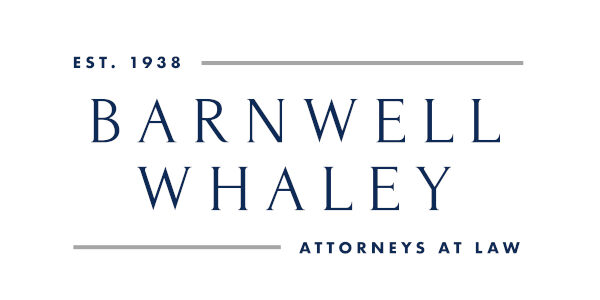Guess What? Your Severance and Settlement Agreements are Probably UNLAWFUL
by Paul H. Derrick
A few days ago, the National Labor Relations Board (NLRB) decided that a couple of ubiquitous provisions in almost all severance agreements are unlawful. Chances are good they’re in the agreements you’ve been using for years.
The NLRB is the federal agency that oversees and regulates union organizing elections and a broad range of union-management relations. It ruled that it is illegal for employers to offer employees severance packages that: (1) require the employees to keep the terms of the severance package confidential; or (2) contain a broad general non-disparagement clause, requiring the employee to avoid criticizing the employer at the risk of losing their severance. That was the Board’s view years ago, but it was largely abandoned throughout previous presidential administrations.
This newest decision came during an administration that has been very vocal about boosting unionization to expand workers’ rights. It arose in the context of a mass layoff. It’s no great stretch to expect the Board to take the position that the same prohibitions also apply to settlement agreements to resolve lawsuits and other specific disputes.
[Full disclosure: I was an attorney with the NLRB’s regional office in New Orleans and have handled hundreds of Board cases over the past 34+ years. I’ve learned a thing or two about how the agency thinks and works.]
By way of a bit of background, Section 7 of the National Labor Relations Act guarantees employees “the right to self-organization, to form, join, or assist labor organizations, to bargain collectively through representatives of their own choosing, and to engage in other concerted activities for the purpose of collective bargaining or other mutual aid or protection,” as well as the right “to refrain from any or all such activities.” In other words, in both union and (most) nonunion settings, workers have the right to talk with each other, as well as media outlets and other third parties, about their working conditions and to talk trash about any employer.
According to the Board, the non-disparagement and confidentiality provisions of the agreement in this case were unlawful because such terms “have a reasonable tendency to interfere with, restrain, or coerce employees in the exercise of their Section 7 rights.” Thus, merely offering such an agreement to employees was unlawful.
You may be tempted to say, “Wait a minute, we’re talking about ex-employees here. Doesn’t that matter?” The short answer is “No.” The NLRB said that non-disparagement and confidentiality provisions might deter individuals, including ex-employees, from assisting in future NLRB investigations and litigation for fear of violating their agreements. That would be tantamount to broadly surrendering their Section 7 rights, said the Board, and would be against the federal public policy of encouraging unionization and collective bargaining.
This resurrection of the NLRB’s stance from years ago puts employers in a tough position. Part of the consideration employers usually get in a severance or settlement agreement is the employee’s contractual obligation not to publicize the severance amount and not disparage the employer. The NLRB may believe its latest decision protects employees’ rights, but the ruling may just reduce the amount employers are willing to pay in these situations. In some cases, there may be no incentive for the employer to willingly pay anything, knowing that the terms of the agreement could easily become known to others.
So, should you hurriedly delete all confidentiality and non-disparagement language from your severance and settlement agreements? Not necessarily. While they may not hold up if a former employee – or a union that may want to organize some or all of your workers – complains to the NLRB about them, there may be options other than the wholesale slashing of such terms from existing agreements.
If you have questions about this or any other workplace issues or would like assistance reviewing, revising, and/or enforcing any current agreements, please contact any of the workplace attorneys at Barnwell Whaley.

